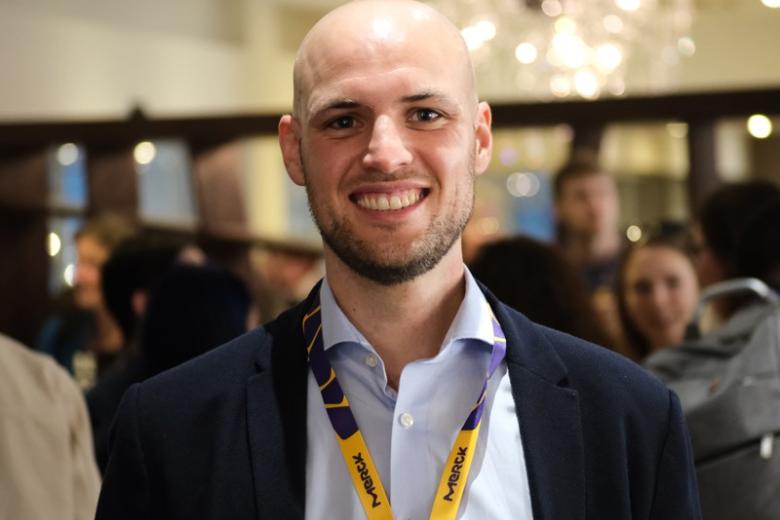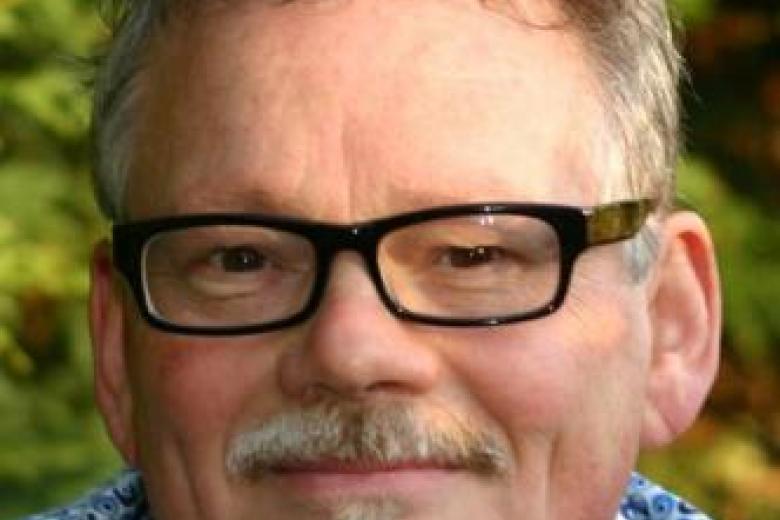Patient-friendly alternative to ambulance spinal board
An alternative to the 'hard spinal board' used to transport patients with potential spinal injuries has been developed as part of a PhD programme at Maastricht University. This alternative spinal board with integrated mattress had fewer negative effects on the body, was perceived as more comfortable by patients and allowed doctors to take accurate X-rays and CT scans. Baukje Hemmes will defend her dissertation on this subject on 21 January 2016. The initial response from hospitals and ambulance services has been positive and the business community is currently examining the opportunities for marketing this alternative board.
The hard spinal board has been used since the 1930s to prevent additional spinal damage while transporting patients after an accident. In recent decades, attention has also been paid to the drawbacks of these boards. The straps can cause breathing difficulties, the horizontal position can increase intracranial pressure in patients with brain injuries and the board itself is hard, uncomfortable and painful and may contribute to the development of pressure sores (decubitus). 'In addition, no published research has proven that using a hard spinal board helps prevent further damage to the injured spine,' says PhD candidate Baukje Hemmes.
Qualities
Hemmes tested a board with an integrated mattress that was developed in Maastricht. This 'soft' spinal board consists of a flat base with a covered mattress. She then compared the qualities of the soft spinal board to that of the hard version with a vacuum mattress (a previously developed alternative). As part of the research study, healthy and conscious volunteers tested the three board models. Pressure on the shoulders, heels and sacrum proved to be significantly lower and less painful with the new model compared to the older one. Patients who underwent a surgical procedure of two hours or less under full anaesthesia had fewer pressure-related side effects on the new board than those who were operated on using the hard spinal board. Pressure sores result from extreme and continued pressure on the skin. According to the PhD candidate, the amount of time spent on any of these boards should be kept to a minimum.
The business community is currently determining the market opportunities for this new spinal board with integrated mattress. 'It would be great to see these positive scientific insights translated into practical healthcare applications,' says Hemmes.
The full title of her dissertation is: ‘Improving spineboard design: Evaluation of a new, soft-layered spineboard in trauma care.’
Also read
-
GROW research: all-in-one test for genetic defects in embryos🧪
Researchers at Maastricht UMC+ and GROW have developed a technique that can analyse the entire genome in a single test, allowing for faster determination of embryos suitable for successful pregnancy.
-
A breakthrough in cultured meat research-animal component free production
A breakthrough in cultured meat research-animal component free production
-
Cross-border inter-organisational cooperation in crime control
The Netherlands Organisation for Scientific Research (NWO) has awarded a grant under the SGW open competition to a research proposal written by Prof Dr Math Noortmann (Institute for Transnational and Euregional cross border cooperation and Mobility / ITEM) and Prof Dr J.B.M. Koning (UM School of...